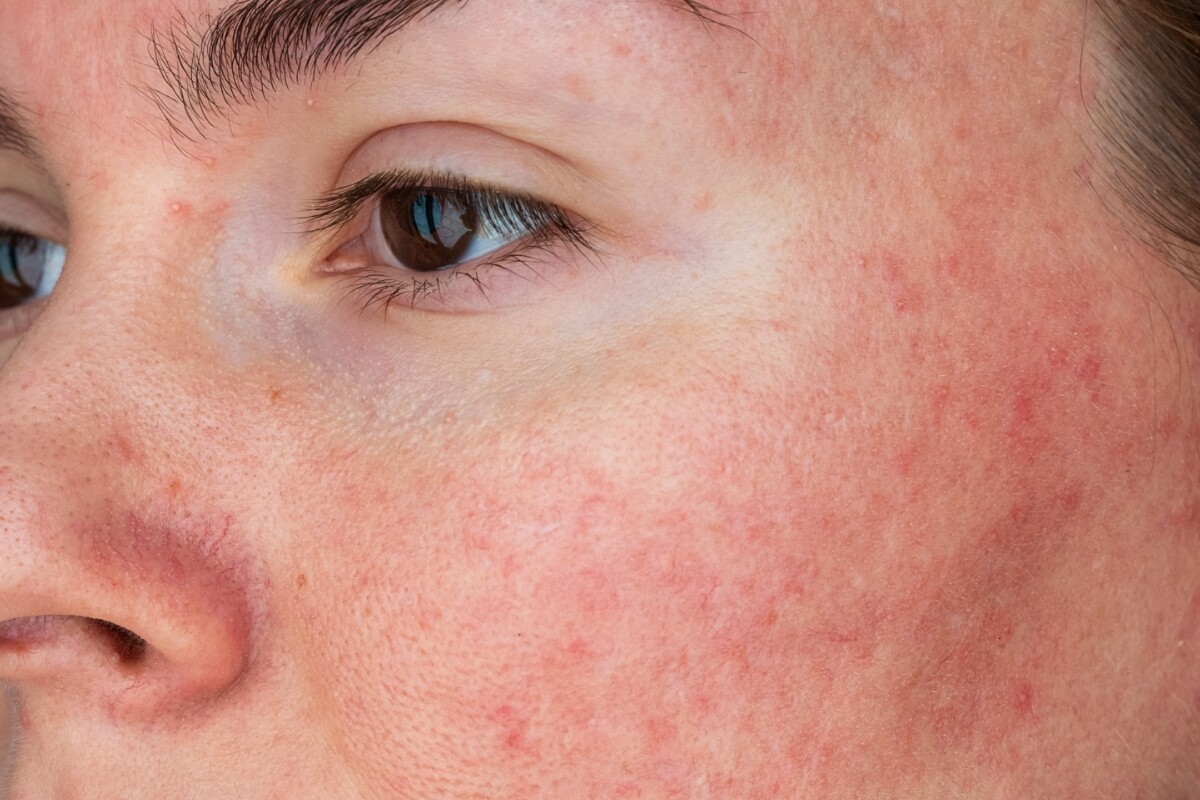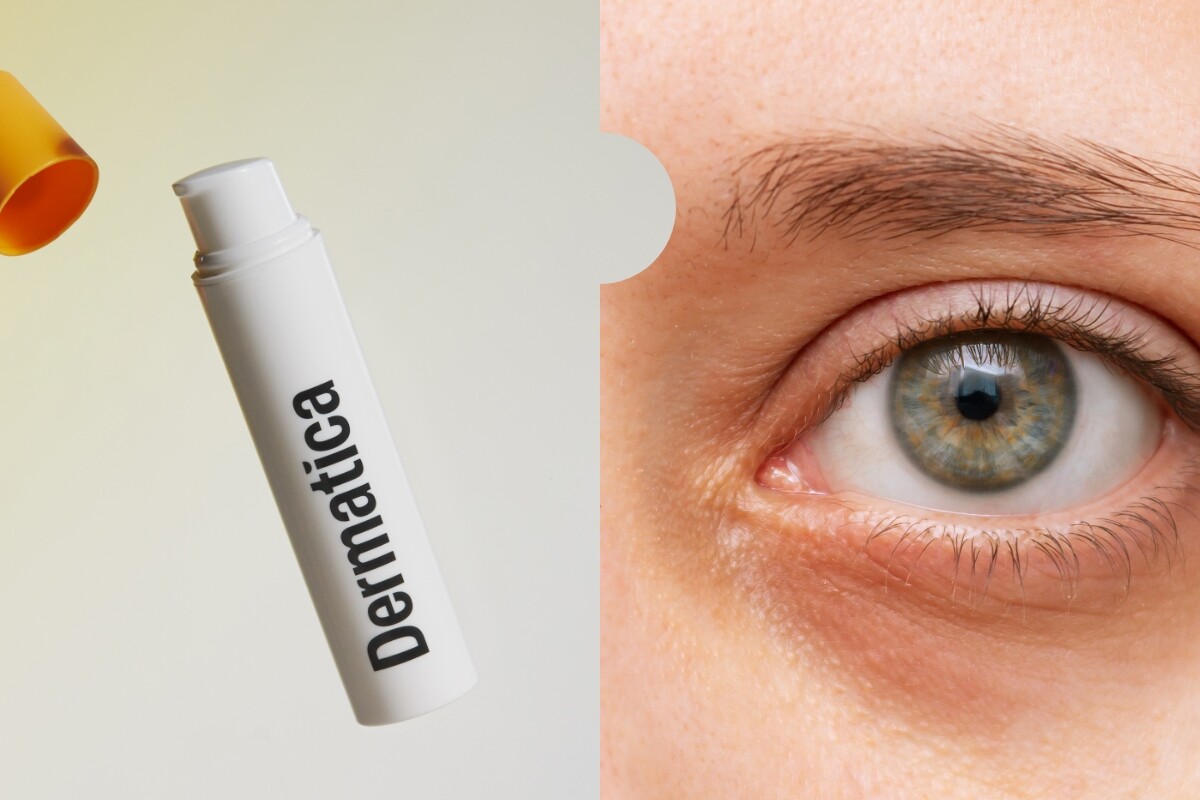Darker skin has a number of biological differences. The most obvious difference surrounds the fact that darker skin has more melanin than lighter skin types, making it more prone to hyperpigmentation. Darker skin is also more likely to experience dryness due to a lower amount of ceramides in the skin.
Are laser treatments suitable for people with darker skin?
Because people with darker skin are more likely to experience post-inflammatory hyperpigmentation, melasma and dermatosis papulosa nigra (the small brown bumps that Morgan Freeman made famous), they may be particularly interested in laser treatments.
In the past, it was generally thought that people with darker skin shouldn’t have laser treatments, due to the higher risk of pigmentation changes and scarring. However, that was back in the early days. Now, there are far more types of lasers to choose from, and a lot are safe to use on even the darkest skin types. Most of us have heard of laser hair removal, but they can also be used in dermatology to remove visible blood vessels in the skin and benign skin lesions, resurface scarred skin and even remove tattoos (1).
In most cases, skin lasering is well tolerated, but after the session it can cause mild side effects such as redness and tenderness. You can help this by applying an ice pack to the skin afterwards.
So, what is it exactly?
Laser is an acronym for Light Amplification by Stimulated Emission of Radiation. Many different types of lasers exist, and they’re chosen depending on what your goals are. For example, pulsed dye lasers are used to treat vascular lesions, while high energy Q-switch lasers might be used to lighten pigmented lesions like birthmarks and freckles. (Side note: never remove newly grown or unusual looking pigmented lesions with laser before a dermatologist has ruled out skin cancer).
Are lasers safe for darker skin?
Yes, laser treatments are safe for people with dark skin, but it’s important to see a practitioner who is familiar with working with dark skin so they can make the necessary adjustments. For example, Intense Pulsed Light (IPL) is not recommended for hair removal in brown and black skin, due to the high risk of hyperpigmentation (2).
Are there side effects?
More severe side effects include swelling, blistering, bruising and in extreme cases, scarring or burns. If you’re prone to them, and have had them in the past, laser sessions can also provoke cold sores.
Worryingly for people with darker skin, laser treatments can cause the skin to become either lighter or darker (dyspigmentation). This can be permanent, and can be particularly disheartening if the laser was being used to treat hyperpigmentation in the first place. Skin of colour commonly develops post-inflammatory hyperpigmentation after an injury or inflammation, including that caused by a laser treatment (3).
Certain techniques can be used after a laser treatment to reduce side effects in someone with skin of colour: such as more vigorous cooling, and doing a test dose in a discrete part of skin before starting a full treatment. Some practitioners will also recommend pre- and/or post-laser treatment with hydroquinone, which is a skin lightening agent (4).
So in summary, using lasers in skin of colour is much safer than it used to be, and is becoming much more common. However, the risk of unwanted pigmentation changes and scarring is higher in individuals with darker skin, so it’s important that these risks are minimised. If you’re thinking about getting laser treatment, see a practitioner who is used to working with people with skin of colour, so that the best treatment plan with the least risks can be offered to you.
References:
1. Vanessa Ngan. (2004). Lasers in Dermatology. [Online]. Dermnet NZ. Last Updated: 2004. Available at:https://dermnetnz.org/topics/lasers-in-dermatology.
2. Ramez Barsoum. (2019). Laser therapy in skin of colour. [Online]. Dermnet NZ. Last Updated: June 2019. Available at:https://dermnetnz.org/topics/laser-therapy-in-skin-of-colour.
3. NHS. (2019). Laser hair removal. [Online]. NHS.uk. Last Updated: September 2022. Available at:https://www.nhs.uk/conditions/cosmetic-procedures/non-surgical-cosmetic-procedures/laser-hair-removal/ [Accessed 1 March 2023].
4. A.F. Alexis, Lasers and light‐based therapies in ethnic skin: treatment options and recommendations for Fitzpatrick skin types V and VI, British Journal of Dermatology, Volume 169, Issue s3, 1 October 2013, Pages 91–97, https://doi.org/10.1111/bjd.12526
Dr Emma Amoafo-Mensah
Dr Emma Amoafo-Mensah is a senior dermatology registrar in South London, with an interest in skin of colour dermatology and hair.
Cat Hyatt
Dr Cat Hyatt is a GP, working as Clinical Content Lead for Dermatica. She has a special interest in medical content and making healthcare information accessible and understandable for all.





